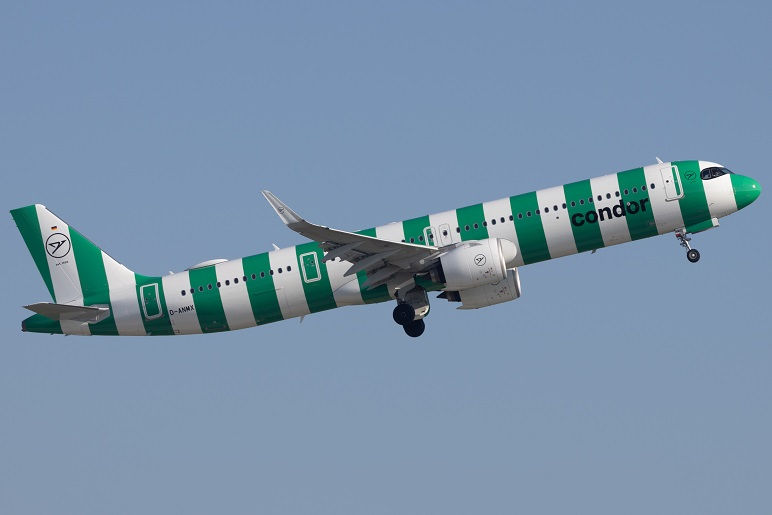Rolls-Royce tests 100 percent SAF for use in business jets
- Rolls-Royce
- Feb 1, 2021
- 2 min read

Rolls-Royce has conducted the first tests of 100 percent sustainable aviation fuel (SAF) in a business jet engine, as part of its ongoing ambition to play a leading role in enabling the sectors in which it operates reach net-zero carbon by 2050. The tests on Rolls-Royce’s latest business aviation engine in development, the Pearl 700, in Dahlewitz, Germany, come just weeks after unblended SAF was successfully used for the first time in engine ground tests on a Trent 1000 engine in Derby, U.K.
This test demonstrates once again that Rolls-Royce’s current engines for large civil and business jet applications can operate with 100 percent SAF as a full “drop-in” option, laying the groundwork for moving this type of fuel towards certification. At present, SAF is only certified for blends of up to 50 percent with conventional jet fuel and can be used on all current Rolls-Royce engines.
The SAF that was used in the tests was produced by low-carbon fuel specialist World Energy in Paramount, California, sourced by Shell Aviation and delivered by SkyNRG. This unblended fuel has the potential to reduce net CO2 lifecycle emissions by more than 75 percent compared to conventional jet fuel, with the possibility of further reductions in future.
“Sustainable aviation fuels have the potential to significantly reduce the carbon emissions of our engines and combining this potential with the extraordinary performance of our Pearl engine family brings us another important step closer to enabling our customers to achieve net-zero carbon emissions,” said Joerg Au, chief engineer of business aviation and engineering director of Rolls-Royce Deutschland.
The highly efficient Pearl 700 combines the Advance2 engine core, the most efficient core available across the business aviation sector, with a brand-new low-pressure system, resulting in an 8 percent increase in take-off thrust at 18,250 pounds compared to the BR725 engine. The engine offers a 12 percent better thrust-to-weight ratio and 5 percent higher efficiency, while maintaining its class-leading low noise and emissions performance.
It brings together innovative technologies derived from the Rolls-Royce Advance2 technology demonstrator programs with its experience from the Rolls-Royce BR700, today’s leading engine family in business aviation. This includes a highly-efficient 51.8” blisked fan, a high-pressure compressor with a market-leading pressure ratio of 24:1 and six blisked stages, an ultra-low emissions combustor, a two-stage shroudless high-pressure turbine and an enhanced four-stage low-pressure turbine that is one of the most efficient and compact in the industry.


































